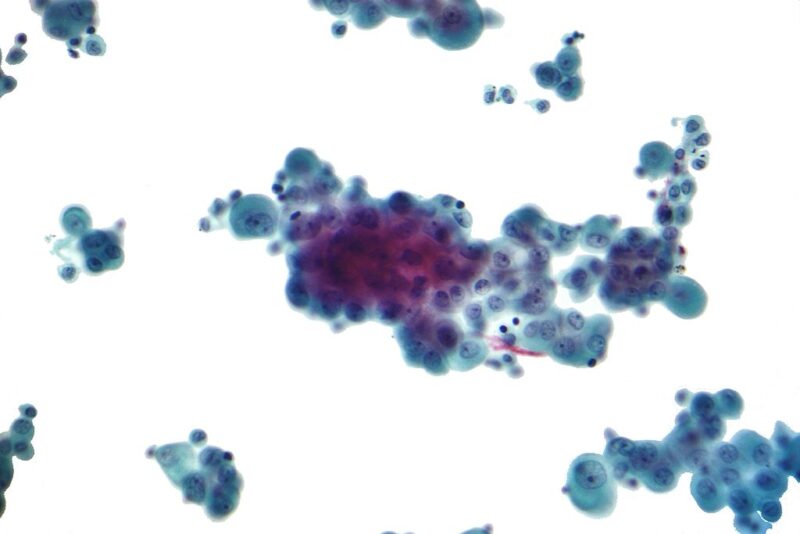

The US Food and Drug Administration (FDA) has granted clearance for the Investigational New Drug (IND) application of Verismo Therapeutics to begin a Phase I clinical trial of SynKIR-110 for mesothelin expressing ovarian cancer, cholangiocarcinoma, and mesothelioma.
In August this year, Verismo filed the IND application with the regulatory agency to begin this trial.
Named STAR-101, the first-in-human trial will evaluate the safety, tolerability, and initial efficacy of SynKIR-110 in these patients.
The company intends to commence subject enrolment in the first quarter of next year at the Hospital of the University of Pennsylvania, US.
SynKIR-110 is the first product of the company to utilise the KIR-CAR platform.
A dual-chain CAR T cell therapy, the KIR-CAR platform showed to preserve antitumor T-cell activity in challenging solid tumour environments in preclinical models.
This trial is said to be the first human trial of SynKIR T cells, a next-generation approach to cell therapy for addressing solid tumours, leveraging the KIR-CAR platform.
The multi-chain KIR-CAR construct of these cells lowers the exhaustion of T cells via a natural on-and-off switch that permits the cells to rest when not attached to the tumour.
It also boosts surface stability to enhance the cells’ performance in the solid tumour microenvironment.
Verismo Therapeutics CEO Dr Bryan Kim said: “Pre-clinical data have shown enhanced efficacy in murine models with no additional safety concerns.
“The FDA’s clearance of our SynKIR-110 IND represents a new chapter for Verismo as we initiate the first-ever clinical trial for KIR-CAR T cells.
“It also validates the years of innovative research and hard work by industry pioneers at Penn and the Verismo team.”
Cell & Gene therapy coverage on Clinical Trials Arena is supported by Cytiva.
Editorial content is independently produced and follows the highest standards of journalistic integrity. Topic sponsors are not involved in the creation of editorial content.


